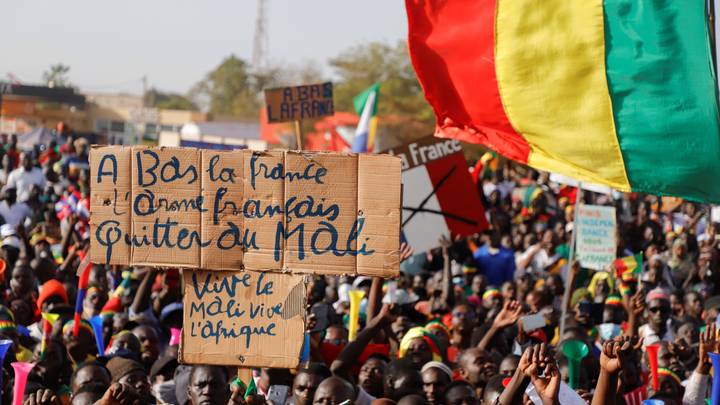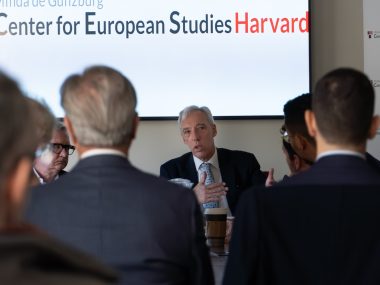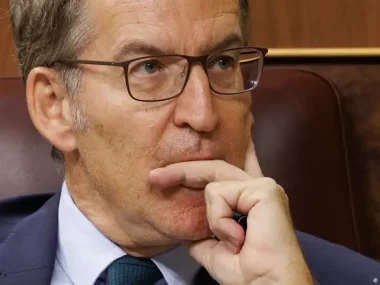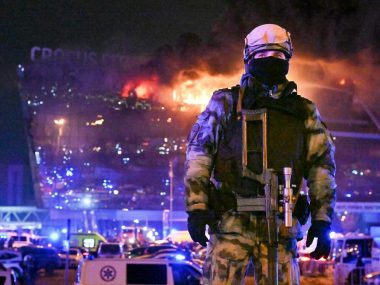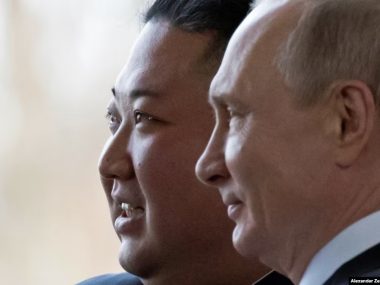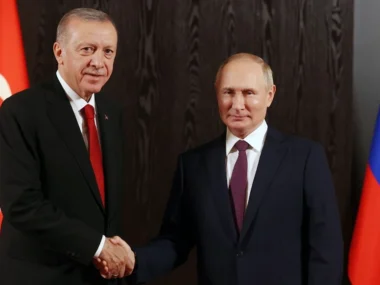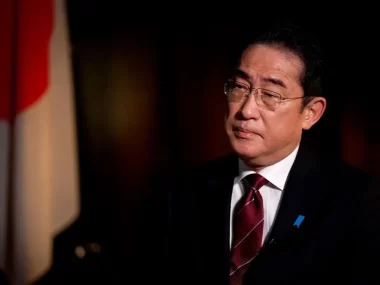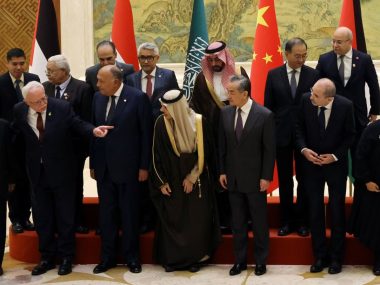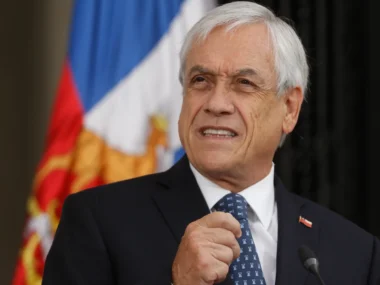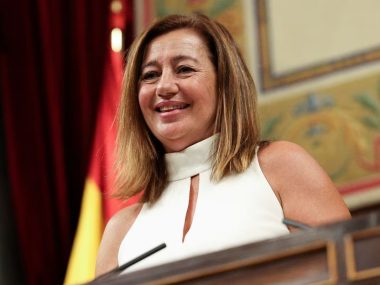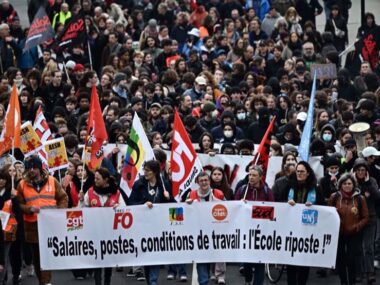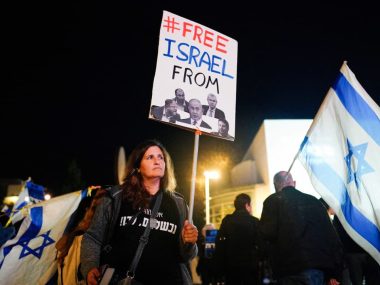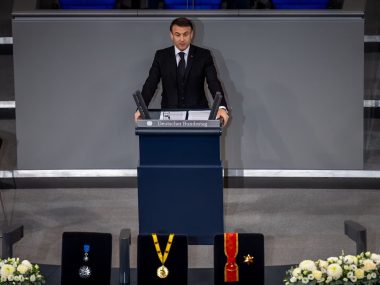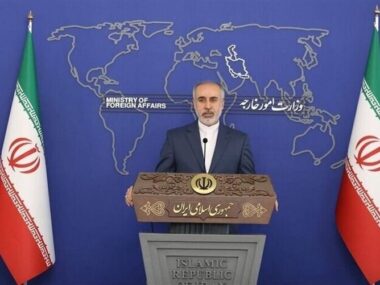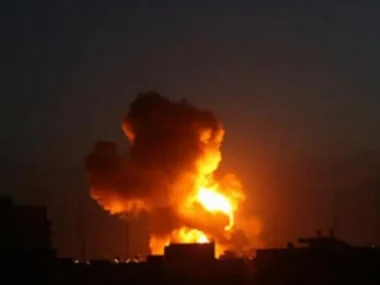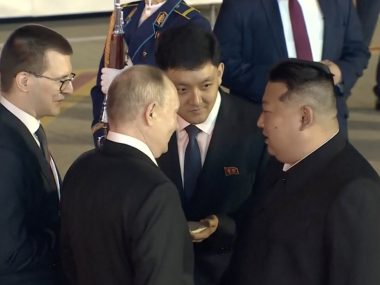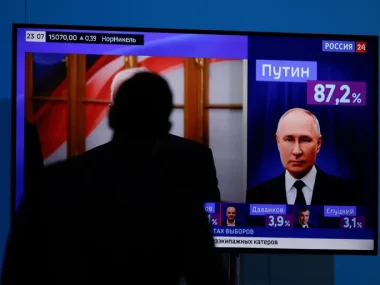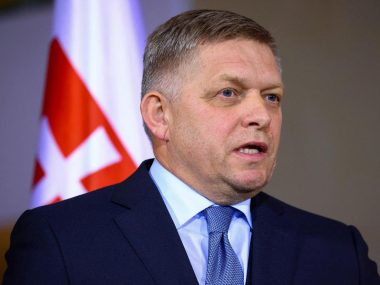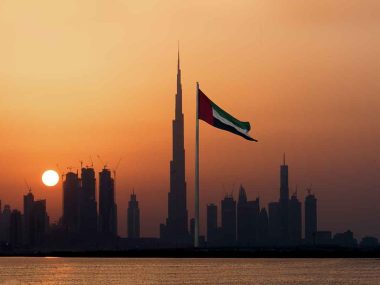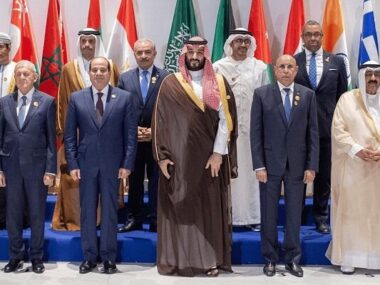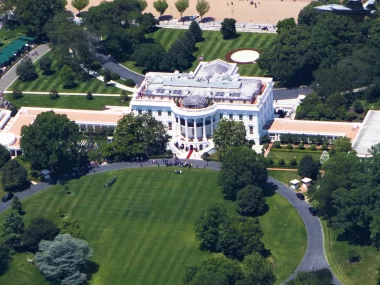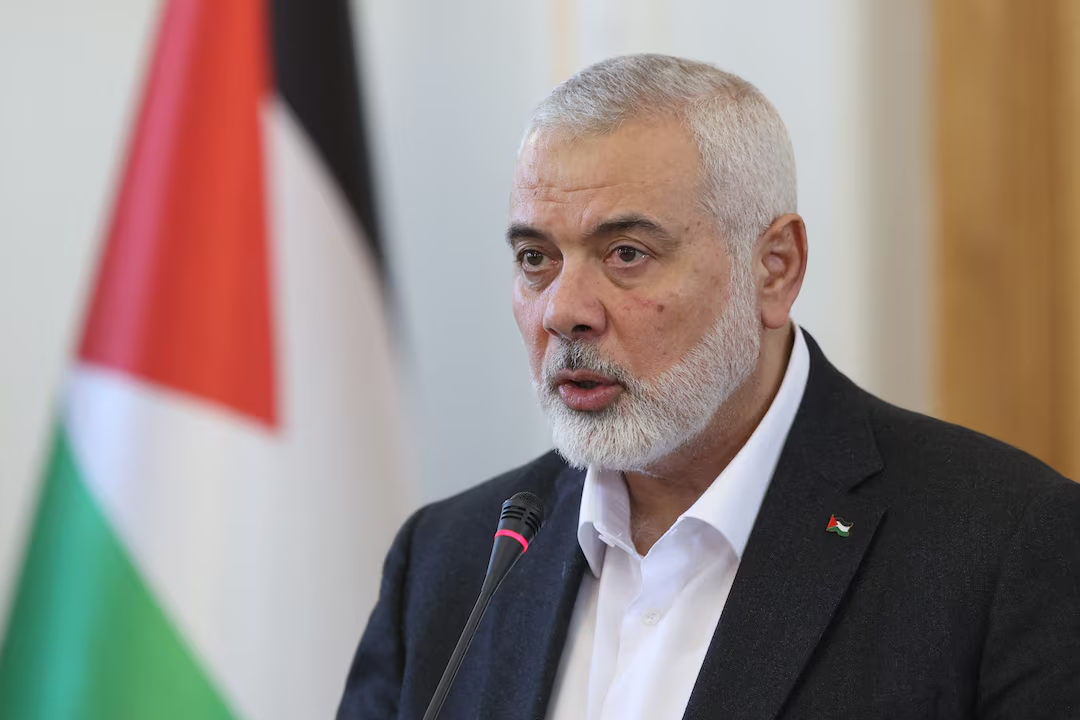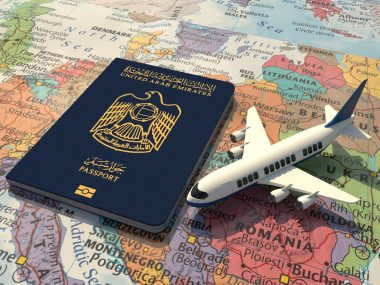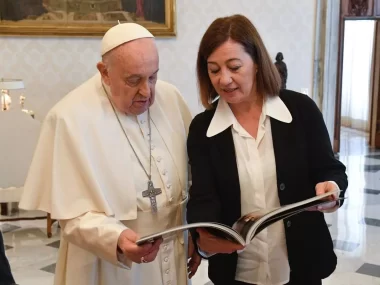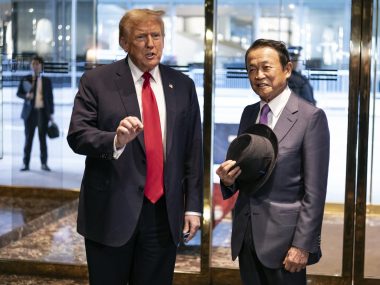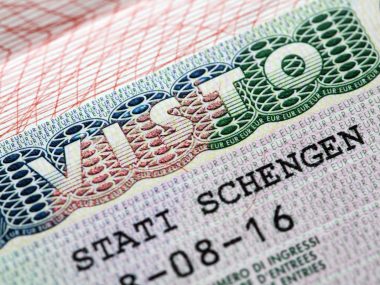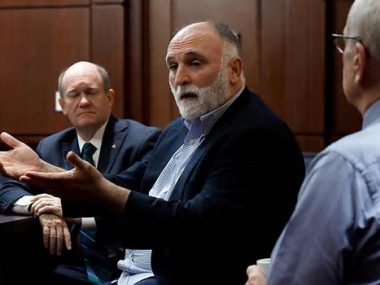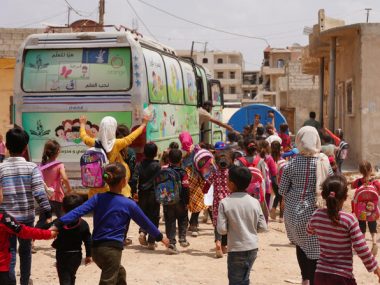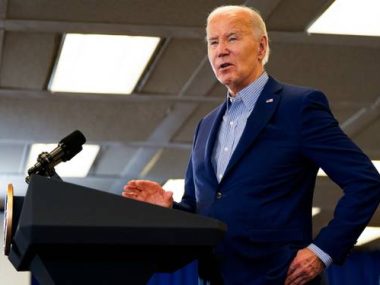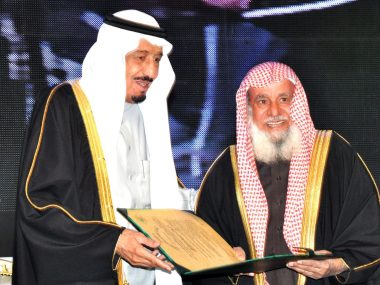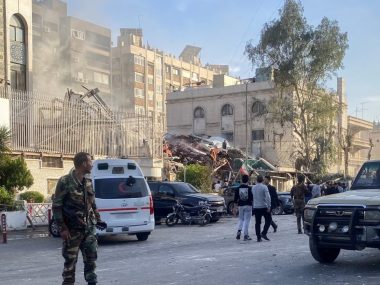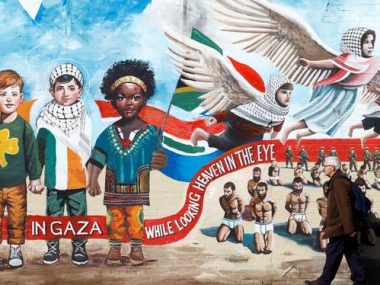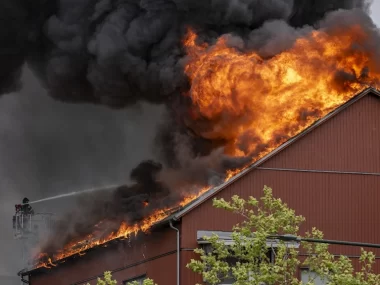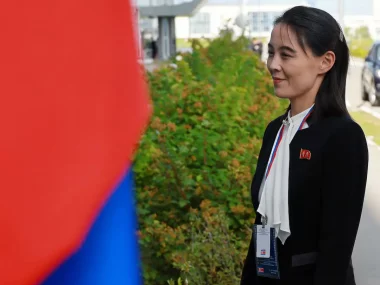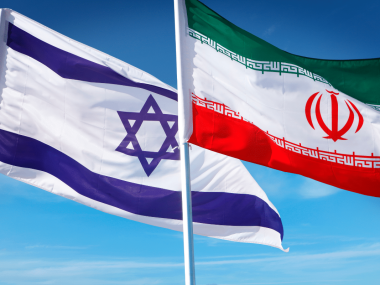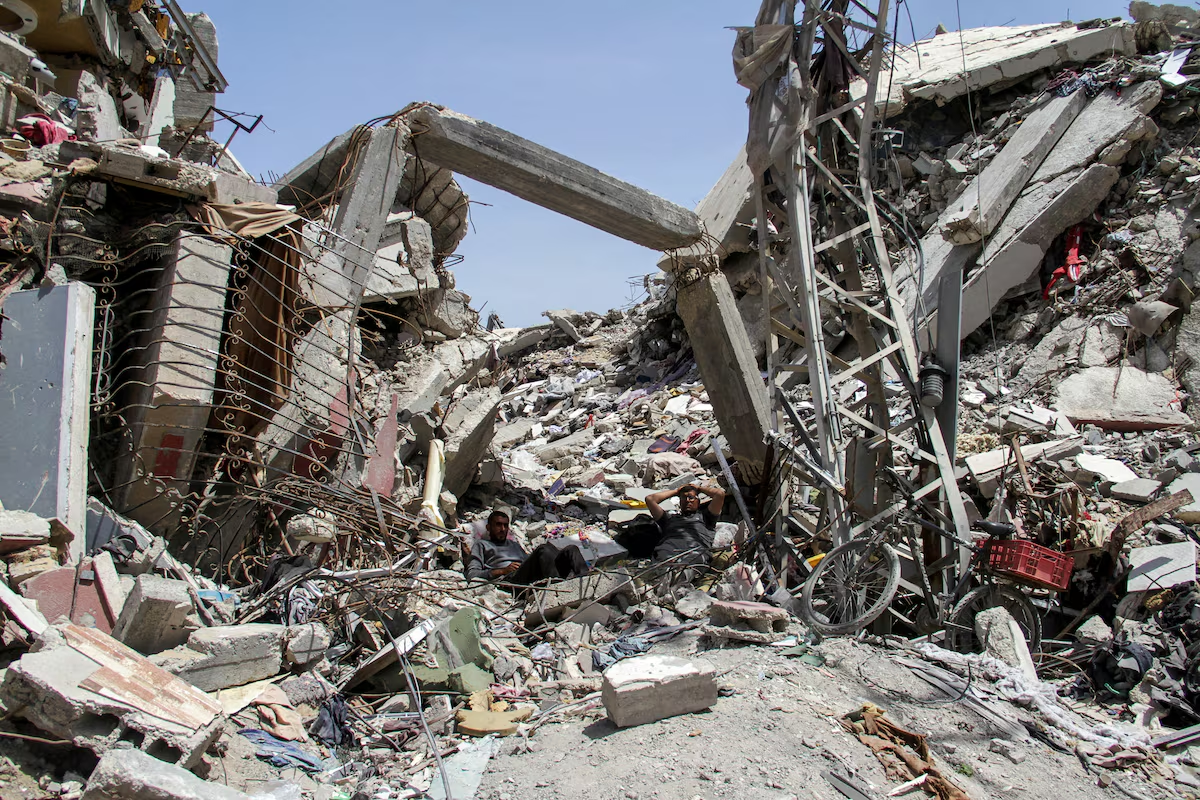|
Neubauer Coporation
Getting your Trinity Audio player ready...
|
The France-Africa relationship is experiencing major upheavals, the waves of recent coups in Mali, Burkina Faso and Niger have led to the coming to power in these countries of political leaders eager to invite new collaboration with the France. In addition, the brilliant election of Bassirou Diomaye Faye in the first round at the head of Senegal, a central country for French policy in Africa, has reshuffled the cards, knowing that the new strong man of the country and his party have sensitivities and impulses of emancipation in the face of all forms of foreign influence.
The context of the France-Africa relationship is therefore new, the time when France whispered in the ears of African presidents the direction to follow for their countries is being called into question. The establishment of the AES (Alliance of Sahel countries) by the military juntas worries the leaders of ECOWAS, but also of France because many of the countries in this organization use the CFA franc.
However, France has an interest in maintaining the CFA Franc because with the fixing of the required reserve rate, France participates in the “co-piloting” of the monetary policy of these countries, even though the African central banks also retain autonomy. “relative” in the conduct of their monetary policy.
However, beyond the question of the CFA, ECOWAS remains a privileged interlocutor for France and the European Union. Consequently, having different interlocutors and a fragmentation of sub-regional organizations do not facilitate either the consistency or the effectiveness of relations between these organizations and partner countries.
Türkiye and Morocco, partners that matter in Africa
In addition, France faces competition today from the presence of other players, notably Russia and China. He also mentions countries like Turkey and Morocco. Moreover, these last two countries are very important, the value of Turkish investments in Africa amounted to more than 71 billion dollars in 2021, according to figures from the Moroccan Think Tank Policy Center For The New South, which translates a significant Turkish presence in the economic field. Morocco, through the presence of multiple companies in various sectors such as banking, aviation, education, is also strongly present in Africa. Moreover, the recent inauguration of two sumptuous mosques built by Morocco in Ivory Coast and Guinea reflects the good health of relations between these countries…
While France is losing ground in these countries, and certain countries like Morocco and Turkey have the ear of certain African leaders, it would be wise for France to rely on these countries to renew its relationship with African countries. Countries like Turkey can be a relay for a new France-Africa policy based on new bases, a more horizontal relationship based on “win-win” economic partnerships, but also on in-depth cultural relations without avoiding defense and military partnerships that can offer African countries the keys to their own defenses.
The French language, a key tool for maintaining a connection
While Turkey and Morocco have succeeded in establishing this “pragmatic” relationship with these African countries, France has all the necessary assets to initiate a new paradigm with African countries, based on balanced relations benefiting both parties without interference in the internal politics of each state. The recent warming of relations between Rabat and Paris is an opportunity for France to rely on this country’s network and the trust forged with certain States to re-engage in dialogue with the various juntas.
The election of Diomaye Faye, who also wishes to renegotiate fishing agreements with the European Union, should not worry. On the contrary, it must push the French authorities to take note of the new political configuration with which it is confronted in Africa, and build new, more “solid” relations with African countries, on the basis of mutual respect.

The idea is not to move away from Africa but for the concept of France-Africa to become more “positive”, synonymous with “virtuous” partnership rather than interference and collusion in the internal affairs of African countries as this was the case during the Foccart period…
Certainly, we are witnessing moments of storm in Africa, but the French language, which is a heritage and a common denominator between France and African countries, must make it possible to rebuild new relationships. Language must become an element of unity and not of division, by sharing theater, French literature and the passions of this country with African youth who have the appetite to learn…
Furthermore, the visa policy for students must be facilitated to encourage exchanges and better knowledge of these peoples…
While countries like Morocco rely on the common denominator they have with certain African countries, particularly Islam, to deepen relations, France must also rely on language; not a “fixed” language which is just a vector of communication, but a language in movement, in action which, alone, can allow a better “reciprocal” knowledge of cultures, and can be the prelude to renewed diplomatic relations and more “ solid”…

